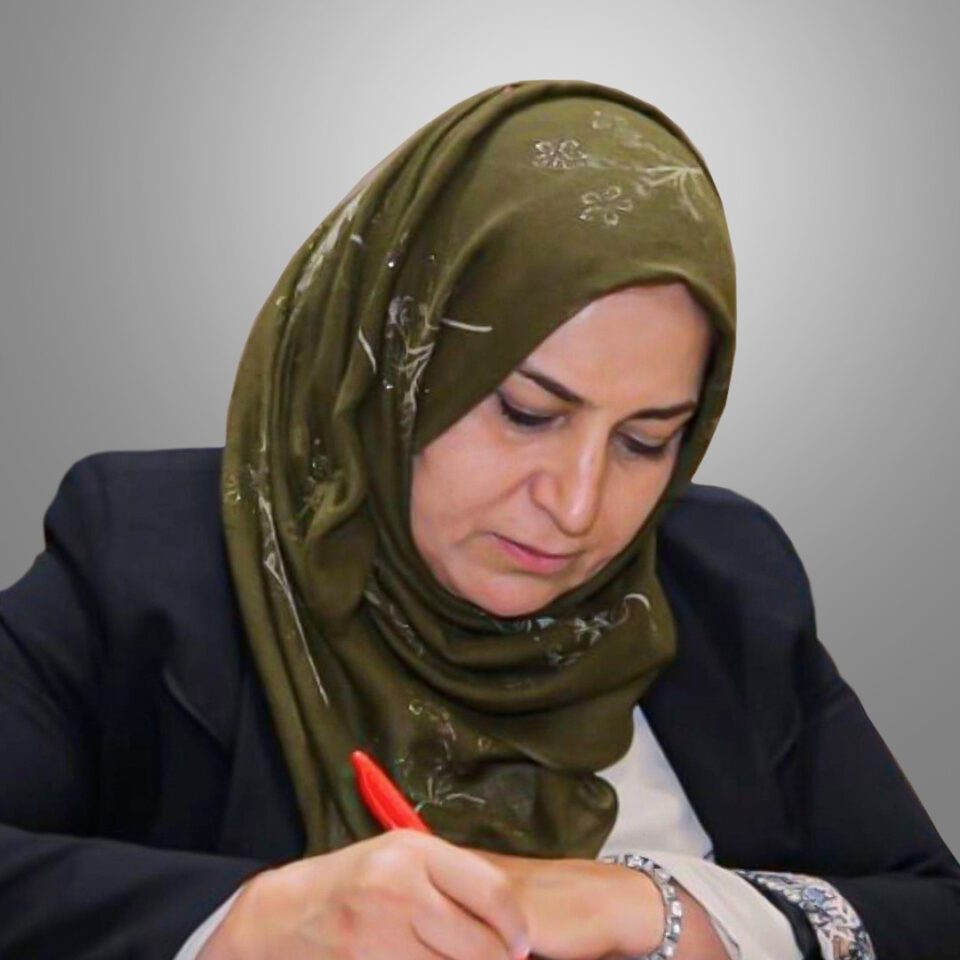By | Dr. Nazaket Hussen
The Kurdistan Region is embarking on a new chapter of growth and progress, even as it faces unique challenges. While many countries experience steady industrial and production growth, Kurdistan’s journey is more complex, lacking the full rights and privileges that come with statehood. Without full control over trade, imports, and exports, it faces limitations. Yet, the resilience, creativity, and determination of its government have positioned Kurdistan as a beacon of stability in an otherwise volatile region.
Tourism, investment, and innovation are on the rise, but Kurdistan’s development is not confined to local achievements. The region now participates in significant international platforms such as the Munich Security Conference and the World Economic Forum in Davos. Discussions at these events focus on pressing global challenges—energy security, technological advancement, climate change, and water scarcity—highlighting Kurdistan’s growing role on the world stage.
This progress has not come without opposition, particularly from neighboring countries, including Iraq. Yet, Kurdistan continues to forge ahead, despite the attempts to undermine its advancement. The region’s stability is critical for broader regional peace, and it is imperative that international stakeholders recognize and support Kurdistan’s development, especially as it navigates internal and external pressures.
As elections approach, maintaining political stability and backing the leadership that has driven this transformation are vital. Internal challenges, many stemming from external interference, threaten to derail progress, but preserving the strength of Kurdistan’s government is essential for lasting peace and prosperity in the wider region.

